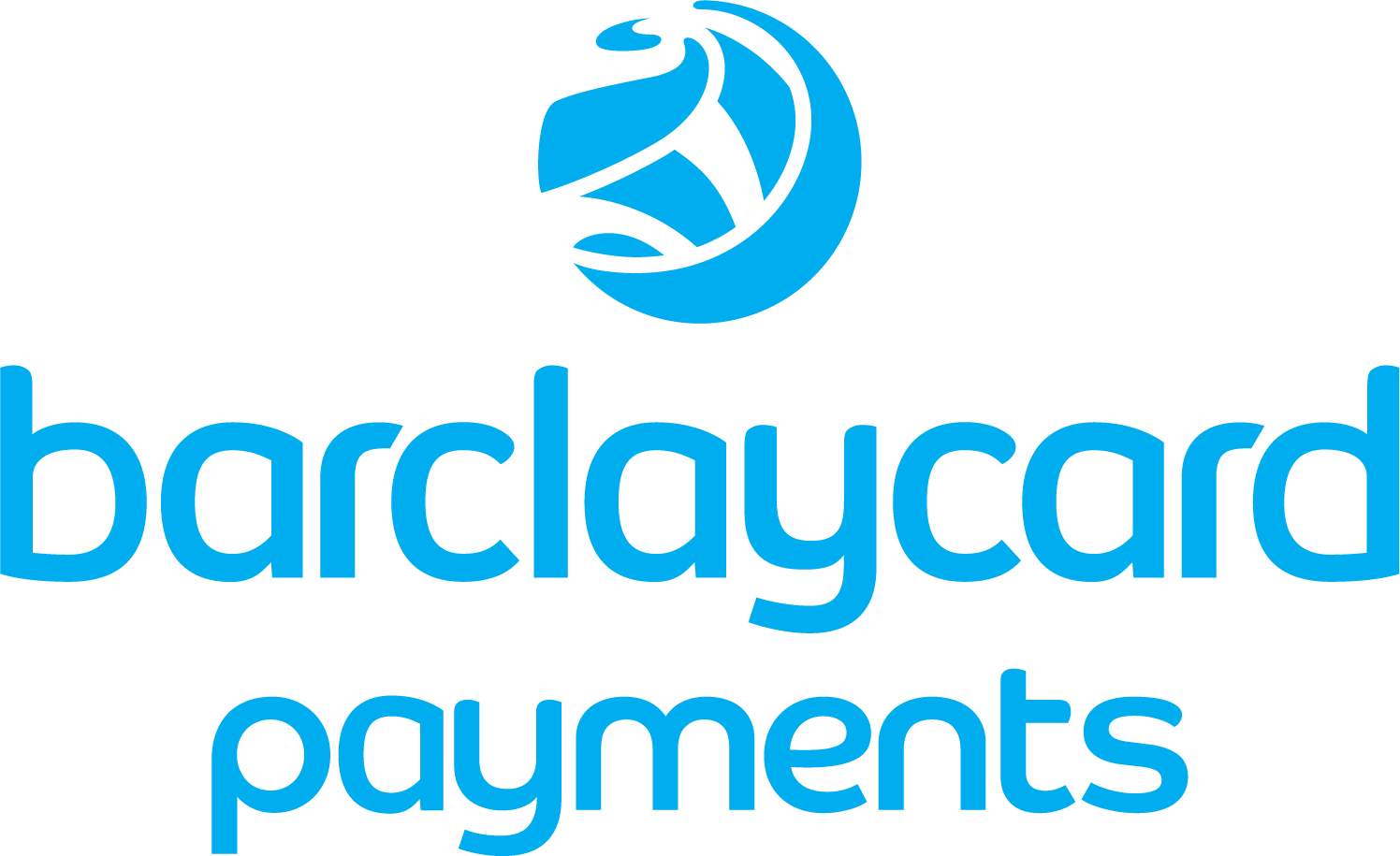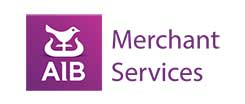- Accept card payments – lowest rates from 0.27%
- Keep your card processing fees to a minimum
- Direct access to the UK’s leading card processing banks
- We ensure your rates always remain competitive
No spam emails or calls
Choose from the payment methods then click Next
What's your turnover each month?
Enter the name of your company
Enter your company's postcode and contact number






Small Business Process Credit Cards: The Best Ways to Do It Efficiently
In today’s fast-paced, digital-first economy, the ability to accept card payments and accept credit cards is no longer a luxury for small businesses—it’s a necessity. With cash payments declining and contactless payments, mobile payments, and online transactions becoming the norm, small businesses must adapt to meet customer expectations. Efficiently processing credit card payments not only enhances customer satisfaction but also streamlines operations and boosts revenue. This guide explores the best ways for small businesses to process credit cards efficiently, covering everything from choosing the right payment processor to understanding credit card processing fees and implementing secure payment methods.
Why Accepting Credit Card Payments is Essential for Small Businesses
The shift from cash payments to electronic payments has been accelerated by changing consumer preferences and technological advancements. Customers now expect the convenience of paying with a credit or debit card, whether they’re shopping in person or online. For small businesses, accepting card payments can:
- Increase Sales: Customers are more likely to make impulse purchases when they can pay with a card.
- Improve Cash Flow: Electronic payments are processed faster than cheques or cash deposits.
- Enhance Customer Experience: Offering multiple payment methods, including contactless payments, Apple Pay, and Google Pay, caters to a wider audience.
- Build Credibility: Accepting credit cards signals professionalism and trustworthiness.
Fees charged by credit card processing providers can vary based on the method customers pay, with in-person transactions generally having lower fees due to reduced fraud risk.
However, to reap these benefits, small businesses must navigate the complexities of credit card processing, including fees, security, and compliance.
Understanding How Credit Card Processing Works
Before diving into the best practices, it’s important to understand how credit card processing works. When a customer pays with a credit or debit card, the transaction involves several parties:
- Customer: Initiates the payment using their card.
- Merchant: The small business accepting the payment.
- Payment Gateway: Facilitates the transfer of transaction details between the merchant and the payment processor.
- Payment Processor: Handles the communication between the merchant, customer’s bank (issuing bank), and merchant’s bank (acquiring bank).
- Card Networks: Visa, Mastercard, and other credit card networks set interchange fees and facilitate transactions.
- Banks: The issuing bank approves or declines the transaction, and the acquiring bank deposits funds into the merchant’s business’s bank account.
This process happens in seconds but involves multiple steps, each of which may incur fees.
Choosing the Right Payment Processor
Selecting the right payment processor is one of the most critical decisions for small businesses. A payment processor acts as the intermediary between the merchant, customer, and financial institutions. Understanding the processes involved in card payment transactions, including the roles of different parties in the payment chain, is essential for making an informed decision. Here’s what to consider when choosing a merchant services provider:
1. Fees and Pricing Structure
Credit card processing fees can significantly impact a business’s profitability. Common fees include:
- Interchange Fees: Set by card networks and paid to the issuing bank.
- Processing Fees: Charged by the payment processor for handling transactions.
- Monthly Fees: Some providers charge a flat monthly fee for account maintenance.
- Additional Fees: These may include chargeback fees, authorisation fees, and annual fees.
Look for a provider with transparent pricing and competitive rates. Some processors offer flat-rate pricing, while others use interchange-plus pricing, which can be more cost-effective for businesses with high sales volumes.
2. Payment Methods Supported
Ensure the payment processor supports a variety of payment methods, including:
- Credit and debit card payments
- Contactless payments
- Mobile payments (Apple Pay, Google Pay)
- Online card payments
- In-person transactions via a card machine or point-of-sale (POS) system
3. Integration Options
For small businesses with an online presence, a payment gateway that integrates seamlessly with your e-commerce platform is essential. For brick-and-mortar stores, a reliable POS system or card terminal is a must.
4. Security and Compliance
Choose a provider that prioritises secure payments and complies with Payment Card Industry Data Security Standard (PCI DSS) requirements. This ensures that card details and transaction data are protected from fraud.
5. Customer Support
Reliable customer support is crucial, especially for small businesses that may not have dedicated IT teams. Look for a provider that offers 24/7 support and quick resolution times.
Setting Up a Merchant Account
To accept credit card payments, small businesses typically need a merchant account. This is a type of business bank account that allows you to process credit and debit card transactions. Here’s how to set one up:
- Choose a Merchant Account Provider: Compare providers based on fees, contract terms, and services offered.
- Submit an Application: Provide details about your business, including your annual card turnover and business’s sales volume.
- Agree to Terms: Review the contract carefully, paying attention to processing fees, monthly fees, and any additional fees.
- Integrate Payment Solutions: Once approved, integrate the merchant account with your payment gateway, POS system, or card machine.
Selecting the right credit card payment solutions tailored to your business’s operational needs is crucial for efficient payment processing.
Some payment processors offer all-in-one solutions that include a merchant account, simplifying the setup process.
Payment Gateway and Hardware
Accepting credit card payments requires both a payment gateway and the appropriate hardware to ensure transactions are processed securely and efficiently. A payment gateway acts as the bridge between your business’s website and the acquiring bank, facilitating the transfer of transaction details. When selecting a payment gateway, prioritize security features to protect sensitive data, ease of integration with your existing systems, and the benefits of unified commerce, which allows for a seamless shopping experience across multiple channels. An intuitive and straightforward payment process that minimizes steps can significantly enhance the customer experience.
For in-person transactions, having the right hardware is crucial. This includes card readers and point-of-sale (POS) systems. When choosing hardware, consider factors such as durability, ease of use, and compatibility with your payment gateway and other systems. It’s essential that your in-person transaction systems integrate fully with your online systems to ensure real-time data synchronization, which helps in maintaining accurate records and inventory management. Additionally, look for providers that offer ongoing support and training for both the hardware and software to ensure your team can handle any issues that arise and make the most of the technology.
Accepting Credit Card Payments
Accepting credit card payments is a fundamental aspect of modern business operations, providing customers with a convenient and secure way to pay. To start accepting credit card payments, your business will need to set up a merchant account. This specialized type of business bank account acts as a bridge between your business’s bank account and the payment networks, enabling you to process credit and debit card transactions.
When setting up a merchant account, it’s important to choose a reliable provider that offers transparent fees and robust support. The process typically involves submitting an application with details about your business, such as your annual card turnover and sales volume. Once approved, you can integrate the merchant account with your payment gateway, POS system, or card machine, allowing you to accept credit card payments both online and in-person.
Benefits of Accepting Credit Card Payments
Accepting credit card payments offers numerous benefits that can significantly impact your business’s success. Firstly, it can lead to increased sales, as customers are more likely to make purchases when they have the option to pay with a credit or debit card. This is particularly true for impulse buys and higher-value items.
Secondly, accepting card payments can improve your cash flow. Electronic payments are processed faster than cheques or cash deposits, meaning funds are available in your business’s bank account more quickly. This can help you manage your finances more effectively and invest in growth opportunities.
Lastly, offering credit card payments enhances customer satisfaction. Customers appreciate the convenience and security of paying with a card, and by providing multiple payment options, including contactless payments and mobile payments like Apple Pay and Google Pay, you cater to a wider audience and build customer loyalty.
Optimising Credit Card Processing for Efficiency
Efficient credit card processing involves more than just choosing the right provider. Here are some best practices for small businesses:
1. Offer Multiple Payment Methods
Accept card payments to cater to customer preferences by offering a variety of payment methods, including credit cards, debit cards, contactless payments, and mobile payments. This not only improves the customer experience but also reduces the likelihood of abandoned carts in online transactions.
2. Invest in a Reliable POS System
A modern point-of-sale system can streamline in-person transactions, track sales, and manage inventory. Look for a POS system that integrates with your payment processor and supports contactless payments.
3. Minimise Processing Fees
To reduce credit card processing fees:
- Negotiate with your payment processor for lower rates.
- Encourage customers to use debit cards, which typically have lower interchange fees.
- Avoid providers with excessive additional fees.
4. Ensure Secure Payments
Protect your business and customers by implementing secure payment solutions. Use encryption for online transactions, regularly update your POS system, and train staff to recognise potential fraud.
5. Monitor Transaction Details
Keep track of transaction details to identify trends, resolve disputes, and optimise your payment process. Many payment processors offer dashboards and reporting tools for this purpose.
6. Plan for Chargebacks
Chargebacks can be costly and time-consuming. Minimise the risk by providing excellent customer service, clearly communicating return policies, and promptly addressing customer complaints.
The Role of Technology in Credit Card Processing
Advancements in technology have made it easier than ever for small businesses to accept and process credit card payments. Here are some key technologies to consider:
1. Contactless Payments
With the rise of contactless payments, customers can now pay with a simple tap of their card or smartphone. This speeds up transactions and enhances the customer experience.
2. Mobile Payments
Mobile payment solutions like Apple Pay and Google Pay allow customers to pay using their smartphones. These methods are secure, convenient, and increasingly popular.
3. Payment Gateways
For online businesses, a payment gateway is essential for processing credit card purchases. Look for a gateway that supports multiple payment methods and integrates seamlessly with your e-commerce platform.
4. Cloud-Based POS Systems
Cloud-based POS systems offer flexibility and scalability, making them ideal for small businesses. They allow you to manage sales, inventory, and payments from anywhere.
Common Challenges and How to Overcome Them
While credit card processing offers numerous benefits, small businesses may face challenges such as:
1. High Processing Fees
To mitigate high fees, compare providers, negotiate rates, and choose a pricing model that aligns with your business’s sales volume.
2. Fraud and Chargebacks
Implement robust security measures and educate staff on how to handle suspicious transactions.
3. Technical Issues
Choose a reliable payment processor with strong customer support to resolve technical issues quickly.
4. Compliance Requirements
Stay up-to-date with PCI DSS requirements and ensure your payment solutions are compliant.
Efficiently processing credit card payments is essential for small businesses looking to thrive in today’s competitive market. By choosing the right payment processor, setting up a merchant account, and leveraging the latest technologies, small businesses can streamline their payment process, reduce fees, and enhance the customer experience. Whether you’re accepting in-person transactions or online payments, the key is to stay informed, prioritise security, and adapt to changing consumer preferences. With the right strategies in place, your small business can unlock the full potential of credit card processing and drive long-term success.
By following this guide, UK-based small businesses can confidently navigate the world of credit card processing and make informed decisions that benefit both their operations and their customers.
Financial Management and Continual Improvement
Effective financial management and continual improvement are essential for businesses that accept credit card payments. By closely monitoring your payment processing fees, you can identify opportunities to negotiate lower rates or switch to a more cost-effective payment processor. This can have a significant impact on your bottom line.
Optimizing your payment processing involves streamlining the transaction process to reduce errors and delays. This can be achieved by investing in reliable technology, training staff, and regularly reviewing your payment systems. Additionally, improving customer satisfaction through efficient payment processing can lead to repeat business and positive word-of-mouth.
Continual improvement is key to staying competitive. Regularly assess your payment processes, stay informed about new technologies and industry trends, and be willing to adapt to changing consumer preferences. By doing so, you can ensure your business remains at the forefront of efficient credit card processing, ultimately driving long-term success.